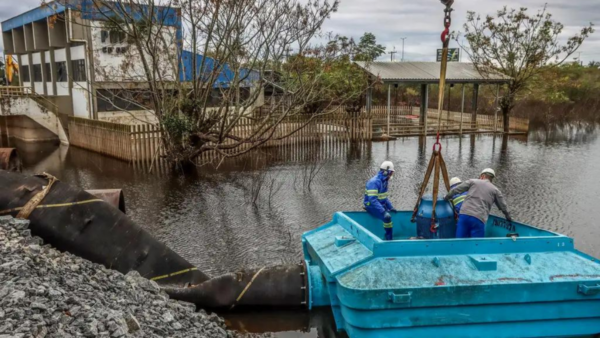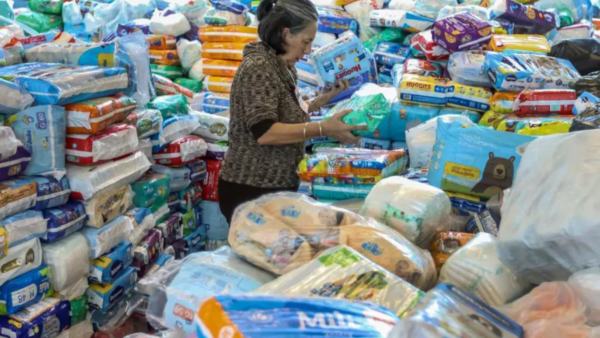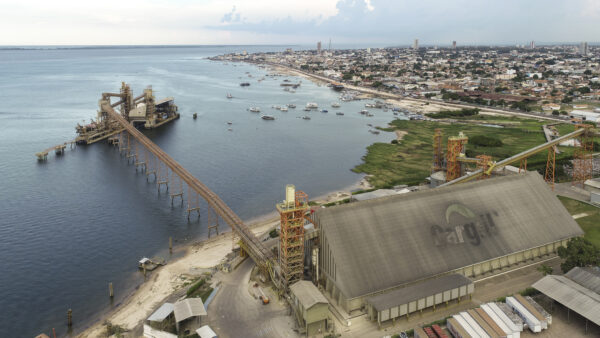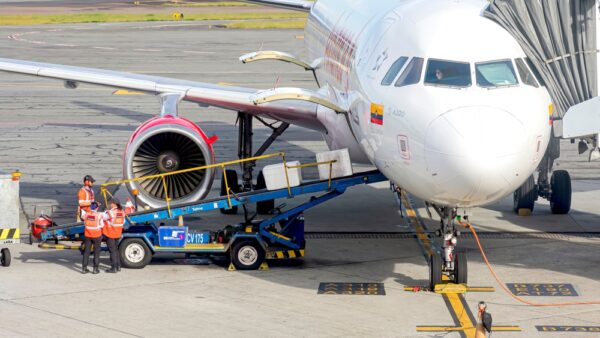Following the interest rate easing cycle initiated by the Brazilian Central Bank’s Monetary Policy Committee in August last year, default levels in some of the country’s largest financial institutions ended this year’s first quarter stable or on a downward trend.
This is a sign that the credit market could start emerging from the doldrums in 2024, but not all players will follow this recovery in the same way. Unlike established players — who hit the brakes on concessions during the defaulting peak, adopted de-risking strategies, and are slowly resuming new loans — challengers such as Nubank and Agibank continue to grow without shifting their focus away from low-income customers.
Last year, the country saw a 7.9 percent growth in outstanding loans, following a pronounced slowdown in new corporate/SME and unsecured household concessions. It was a sharp drop compared to the previous three years, in which — driven by the unusual liquidity boost prompted by the Covid pandemic — portfolio balances grew by an average of 15 percent per year.
As we have reported, much of this credit growth was pushed by the rise of credit card owners, not only at the hands of traditional institutions but through digital banks and fintechs.
While this has brought tens of millions of Brazilians into the banking system, it has also pushed many into debt as problems such as low financial literacy, persistent barriers to credit, and eye-watering interest rates became more evident.
The burden of credit cards on personal income rose from 23.6 percent in 2019 to 30.7 percent last June, when Brazil’s default rate peaked.
Since the second half of 2023, however, factors such as falling inflation, a resilient job market, and the government’s Bolsa Família income transfer program have been helping families get out of debt and improve their credit scores.
The non-earmarked credit default rate (for debts overdue by more than 90 days), encompassing individual and business borrowers, reached 4.5 percent in April this year, the latest data available, down 0.1 percentage points from a year earlier.
Two...


 Search
Search











































